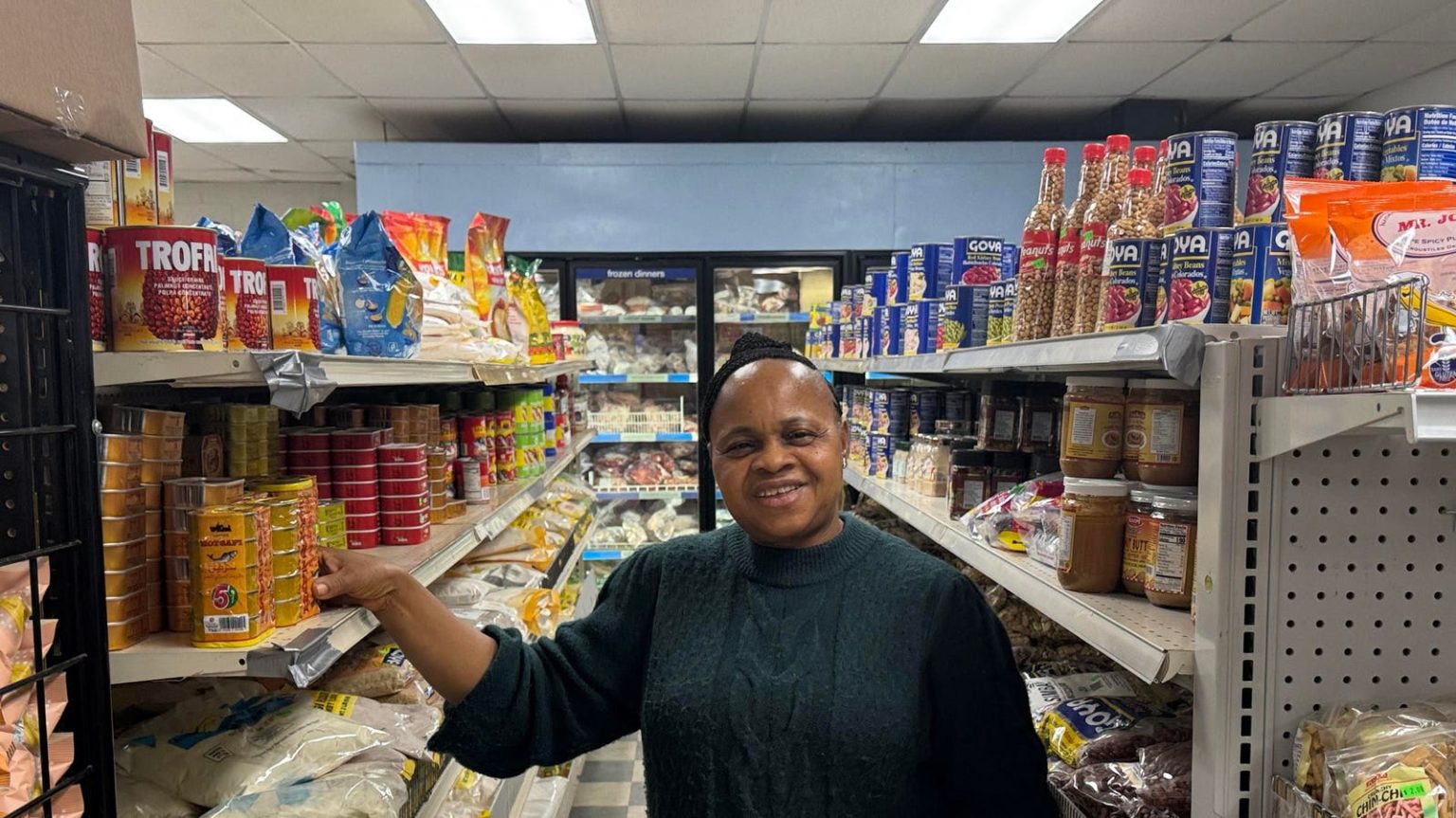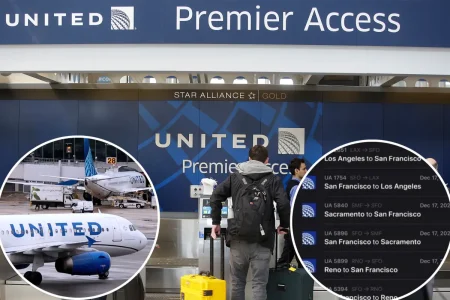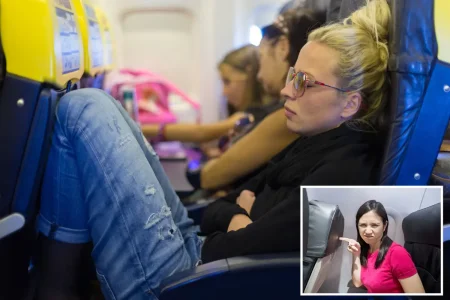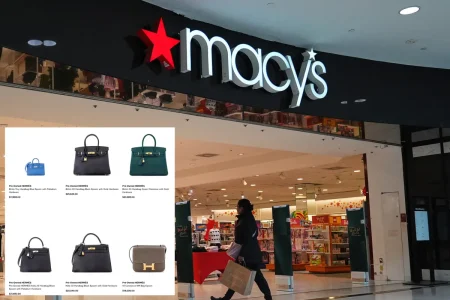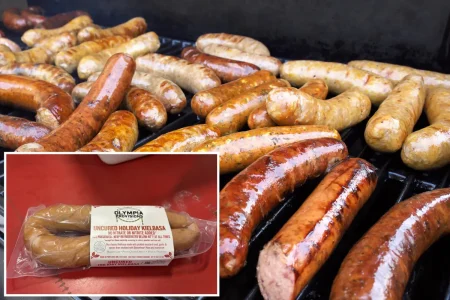From Refugee Status to Retail Success: The Story of Martha’s International Market
In the heart of Grand Rapids, Michigan, a small storefront named Martha’s International Market stands as a testament to the resilience and entrepreneurial spirit of two Liberian refugees. Martha and John PeeWee, having fled the ravages of Liberia’s civil war in 1997, have transformed a $200 investment into a thriving business, offering a taste of home to African and Caribbean immigrants while simultaneously carving their own piece of the American dream. Their journey, fraught with challenges and fueled by unwavering determination, exemplifies the power of hard work and community in the face of adversity.
The PeeWees’ story began amidst the chaos of war-torn Liberia. Forced to leave their homeland behind, they sought refuge in the United States with their three children, later welcoming a fourth child after their arrival. Martha, drawing strength from the hardships she endured, found work as a nursing aide, a job she held for ten years until a back injury forced her to reconsider her path. The 2008 financial crisis dealt another blow, leaving the family without a home. However, from the ashes of these setbacks emerged a spark of entrepreneurial inspiration. With $200 saved from overtime work, Martha purchased tilapia fish from Canada during a family visit, marking the humble beginnings of their future enterprise.
Initially operating from their home, the PeeWees juggled factory jobs while Martha began selling spices and fish. With no access to loans, they poured every penny earned back into their burgeoning business. Martha’s resourcefulness shone as she traversed Grand Rapids, selling her goods from the trunk of her car, targeting African braiding salons and building a loyal customer base from her network of friends. As demand grew and her home-based operation expanded to include chicken, the need for a dedicated retail space became apparent.
Finding a suitable location, Martha resisted the temptation of loans, determined to avoid debt and maintain control over their venture. This decision to self-fund, while challenging, aligned with a broader trend among Black entrepreneurs who often face significant barriers to traditional financing. According to data from the Federal Reserve Banks, Black-owned startups are disproportionately reliant on personal funds and support from family and friends due to higher rates of loan denial from banks. The PeeWees’ commitment to bootstrapping their business underscored their resilience and determination to build something lasting and sustainable.
With their modest initial investment, the PeeWees meticulously curated a selection of African staples, transforming their storefront into a vibrant hub of cultural exchange. From yams sourced directly from Ghana and Nigeria to cassava leaves, fufu flour, and a rich array of spices, Martha’s International Market offered a comforting reminder of home for the African diaspora in the Midwest. Their freezers, stocked with fresh produce and meats shipped transatlantically, further broadened their appeal and solidified their reputation as a reliable source of authentic African ingredients. The PeeWees’ dedication to building relationships with their customers, knowing their names and sharing their own experiences, fostered a sense of community that extended beyond mere commerce.
Sourcing products from across Africa presented its own set of logistical challenges, including lengthy shipping times that could stretch for months. Despite these hurdles, the PeeWees persevered, leveraging the increasing interconnectedness of the global marketplace and forging partnerships with African farmers and vendors, some of whom reached out after discovering the market online. This direct sourcing not only ensured the authenticity of their products but also contributed to the growing global demand for African cuisine.
This rising popularity of African food, fueled by cultural exchange, increased travel, the influence of Afrobeats, and a growing appreciation for culinary diversity, created a favorable market for Martha’s International Market. Industry reports indicate a significant projected growth in the global ethnic food market, with African and Caribbean cuisine playing a prominent role. This trend is reflected in online searches for African dishes and restaurants, which have seen substantial increases in recent years. Similarly, sales of African food products in U.S. grocery stores have experienced notable growth, further validating the increasing mainstream appeal of these culinary traditions. Martha’s International Market has not only benefited from this trend but has also become a valuable resource for those new to African cuisine, offering guidance on cooking techniques and spices.
More than just a grocery store, Martha’s International Market has become a vital community hub, a place where African immigrants gather to reconnect with familiar flavors and forge new connections. For the PeeWees, the store represents the culmination of years of hard work, sacrifice, and an unwavering belief in their ability to create a better life for themselves and their family. Their story stands as an inspiring testament to the transformative power of entrepreneurship and the enduring strength of the human spirit. It’s a story of turning displacement into opportunity and building a legacy from the ground up, one bag of spices, one piece of fish, one customer at a time.





